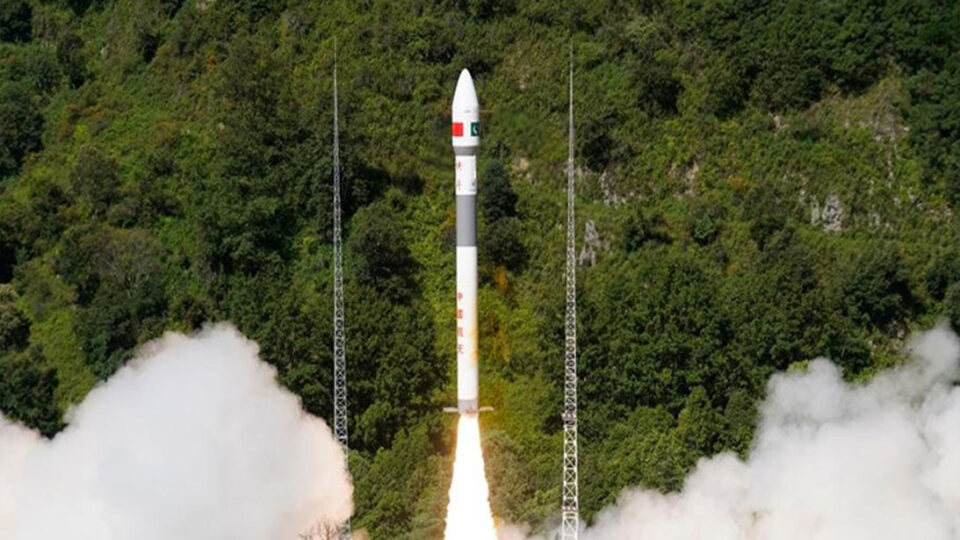Pakistan Successfully Launches Remote Sensing Satellite with China’s Support
In a landmark achievement for Pakistan’s space ambitions, the country has successfully launched a remote sensing satellite from the Xichang Satellite Launch Centre (XSLC) in China. This major development is aimed at boosting Pakistan’s capabilities in agriculture monitoring, disaster management, and urban planning, among other key areas.
According to an official statement from the Foreign Office, this satellite marks a significant step forward in Pakistan’s pursuit of advanced space technologies and environmental monitoring.
🤝 A Joint Effort: Pakistan and China Strengthen Space Collaboration
The launch was carried out by SUPARCO (Pakistan Space & Upper Atmosphere Research Commission) in close cooperation with China Electronics Technology Group Corporation (CETC) and Microsat China. The satellite is part of a broader strategic partnership between Pakistan and China, which continues to grow under initiatives like the China-Pakistan Economic Corridor (CPEC).
🌍 Satellite Features and Benefits
The satellite is designed to deliver high-resolution, 24/7 imaging, which will support:
-
Urban planning and infrastructure development
-
Agricultural growth and food security
-
Disaster response and mitigation
-
Environmental protection
-
Deforestation tracking
-
Climate change research
-
Water resource management
This advanced technology forms the foundation of a fully integrated Earth observation system, enhancing Pakistan’s self-reliance in key developmental sectors.
🛰 A Milestone for Space Exploration
“This successful launch reaffirms Pakistan’s place among space-faring nations,” the Foreign Office noted. The move highlights the country’s dedication to innovation, sustainability, and a future-ready economy.
🎉 National Leaders Applaud the Achievement
Deputy Prime Minister Ishaq Dar praised the hard work and dedication of engineers and scientists from all collaborating institutions, calling it an example of “exemplary cooperation.”
Planning Minister Ahsan Iqbal also expressed gratitude to the Chinese government and confirmed that the satellite has successfully entered its target orbit and will begin transmitting valuable data soon.
“We are committed to reviving Pakistan’s leadership in space technology,” he added. “With China’s continued support, we plan to send a Pakistani astronaut into space by next year, and by 2035, we aim to land a mission on the Moon.”
🧑🚀 Space Training and Future Missions
Earlier this year, Pakistan became the first foreign country to join China’s space station training programme, sending two Pakistani astronauts for specialized training under an agreement with the China Manned Space Agency.
SUPARCO Chairman Mohammad Yousaf Khan stated that the new satellite aligns with Pakistan’s national priorities and will play a vital role in sustainable socio-economic development.
🇨🇳 China’s Growing Space Expertise
China continues to expand its space program with accomplishments such as the Tiangong space station, lunar sample-return missions, and the BeiDou satellite navigation system. Its growing capability in reusable rockets and satellite deployment underscores its role as a global space leader.
📌 Conclusion
The successful satellite launch marks a new era of technological progress for Pakistan, positioning the country to harness space technology for development, sustainability, and scientific advancement. With China’s strategic support, Pakistan is steadily progressing toward achieving major space exploration milestones in the coming years.

